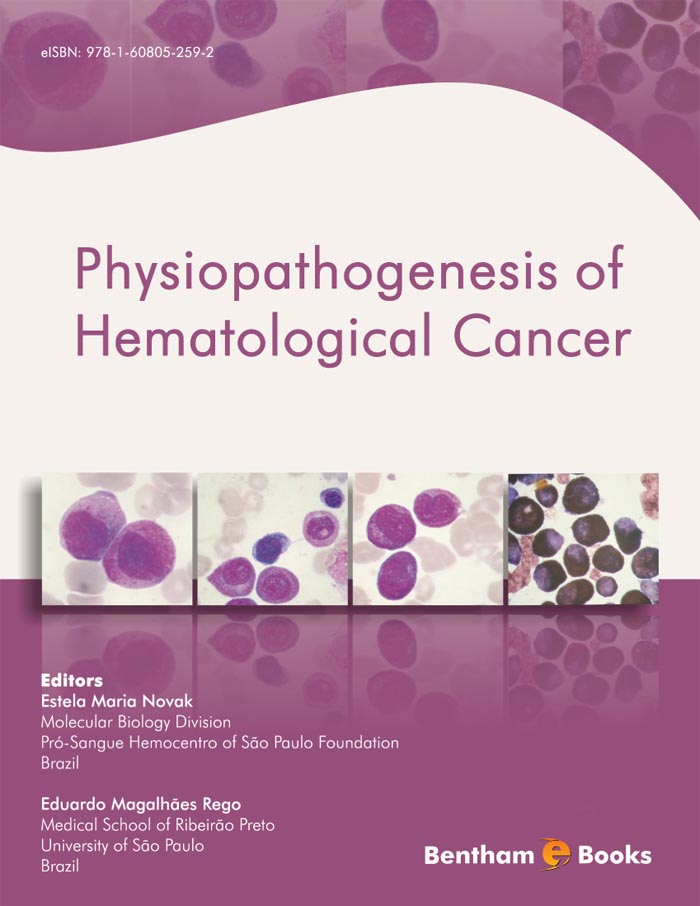Foreword
The annual incidence of hematological malignancies in Europe approaches 20 per 100000, making them the most common type of cancer in this continent and the world. The rapidly increased amount of new information generated in this field justifies their transference, in an organized form, to professionals who take care of these patients. This book has this purpose and approaches the subject of the hematological malignancies from a basic scientific standpoint and will be of great value to both clinicians and scientists working in this field. The first Section deals with the molecular and cellular biology of hematological tumors describing and discussing normal and leukemic hematopoeisis, cancer stem cells, apoptosis, epigenetics, microRNA, transcription factors, protein prenylation, and angiogenesis. The second Section discusses the molecular basis of lymphoid neoplasias with emphasis on lymphomas, multiple myeloma, and acute lymphoblastic leukemia. Section III on the the molecular pathogenesis of acute and chronic mieloproliferative disorders. Finally, Section IV presents the molecular basis of cancer therapy and future perspectives. All the contributors are experts in their fields and work in Brazil. The majority are affiliated to the University of São Paulo (USP) and University of Campinas (Unicamp).
Roberto Passetto Falcão
Professor in Hematology, Medical School of Ribeirão Preto
National Institute of Science and Technology in Stem Cell and Cell Therapy
University of São Paulo, Ribeirão Preto, SP
Brazil

